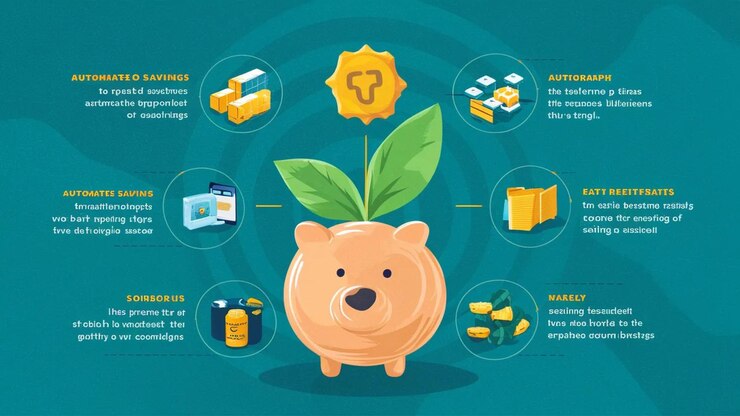🏦🇺🇸 Retirement in 2025: How Americans Are Rethinking Their Financial Future
BynambiPublished 88 days ago
📊 Retirement Savings in Numbers
Over 60% of Americans have less than $100,000 saved for retirement.
The average retiree today will need over $1.2 million to retire comfortably, especially in urban areas.
401(k) participation is rising, but many aren’t maximizing contributions.
🛑 The Challenges
1. Inflation & Rising Expenses
Everyday costs—from healthcare to housing—continue to climb. Fixed-income retirees face shrinking purchasing power.
2. Uncertain Social Security
Though not "going broke," Social Security may reduce payouts after 2033 if reforms aren’t made. Americans under 45 are especially skeptical.
3. Gig Economy Gaps
Freelancers and gig workers (now over 30% of the workforce) often lack access to traditional retirement accounts like 401(k)s or pensions.
🛠️ Modern Retirement Solutions
✅ 1. Roth IRAs & HSAs
These tax-advantaged accounts are becoming more popular with younger savers:
Roth IRAs allow tax-free withdrawals in retirement.
Health Savings Accounts (HSAs) help cover growing medical expenses.
✅ 2. Employer-Sponsored Matching
More companies are offering 401(k) match programs — often underused by employees. Experts recommend contributing at least enough to get the full match.
✅ 3. Digital Advisors & Robo-Investing
Tools like Betterment, Wealthfront, and Fidelity Go help automate long-term investing for retirement with low fees.
✅ 4. Alternative Income Streams
Americans are now building passive income through rental properties, dividend stocks, and digital products — to supplement traditional retirement savings.
🧠 Retirement Tips for 2025
Start early: Even $100/month invested in your 20s compounds massively by 60.
Reassess annually: Your plan should adapt to life changes — marriage, kids, career shifts.
Delay retirement if needed: Working until 67+ can mean higher Social Security benefits and more savings time.
Talk to a fiduciary advisor, not a product salesman.
💬 Real Talk: Retirement Doesn’t Have to Mean "Stop Working"
In 2025, many Americans are shifting their view of retirement to a “second act” — part-time work, passion projects, travel, or volunteering — supported by financial freedom, not just age.







.avif)

















.jpg)





.png)























.jpg)










